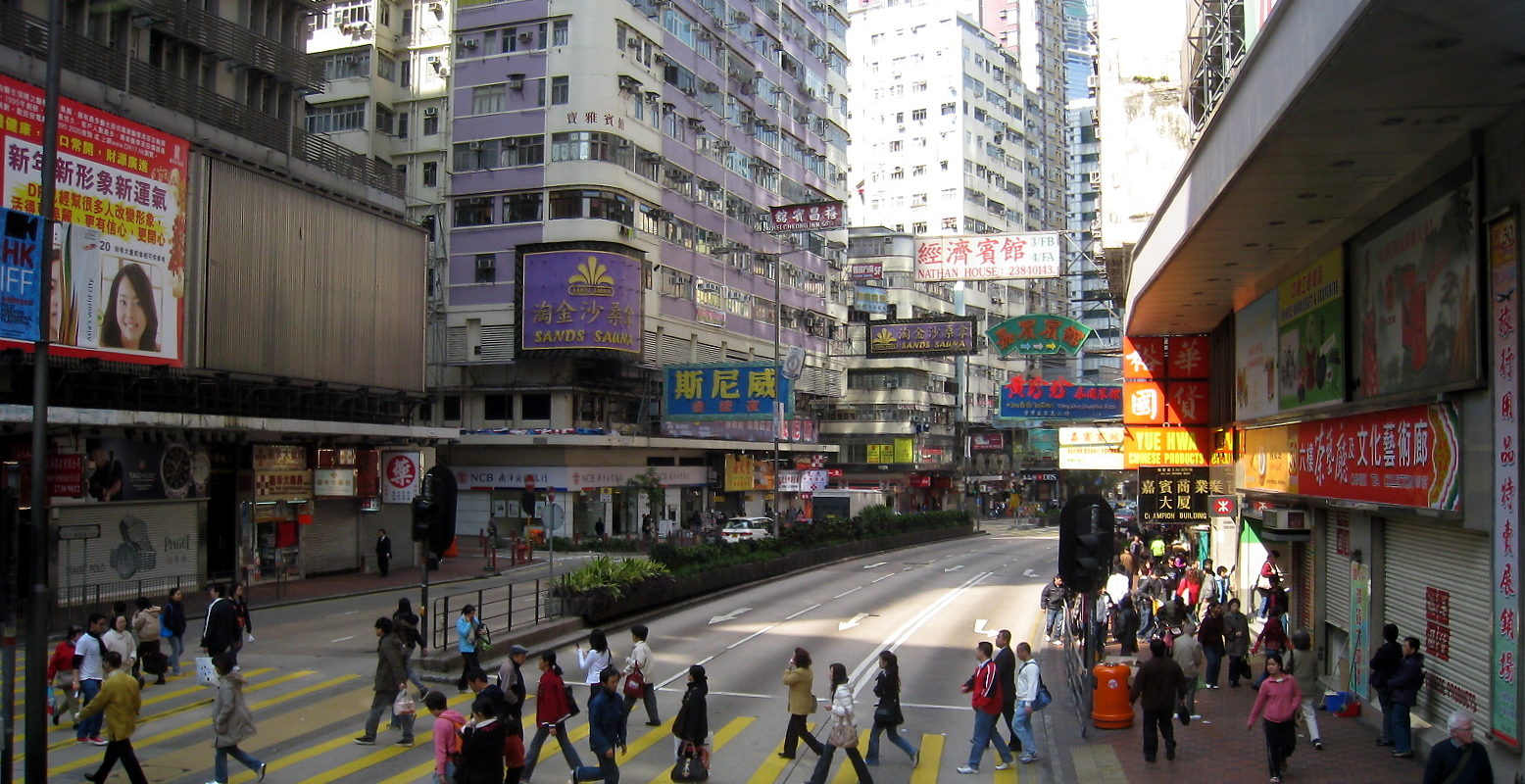This article was first published in the 2010 edition of WA Mining Club‘s Minesite, an annual collection of the club’s activities as well as those of its members. Ron is an active participant of WA Mining Club and never misses an opportunity to pen a few words.
As a regular contributor to Minesite, Ron Manners continues to be a catalyst for the encouragement of lively debate and discussion so essential in our industry. His current literary offering is no exception as he draws (from the vast resources of his many professional and personal experiences) a brief but significant event that happened to him in Hong Kong in the late 70s.
Recounted in characteristically wry style, Ron brings the relevance of his Asian encounter smack up-to-date as he considers how the impact of the thoughts that struck him then apply as much today as ever. Ron’s article challenges just how much present government involvement assists or detracts from corporate Australia’s current livelihood, and whether a ‘less is more’ approach is what the future should entail.
Do you believe in miracles? Let me tell you about one miracle that confronted me in Hong Kong back in 1978. It left me with a lasting impression.
Back in the late 1970s our mining engineering firm in Kalgoorlie was the sales and service agent for the pioneering low-profile diesel truck from Sweden called the Kirina truck. Australia‘s leading mining company of that time, Western Mining Corporation, was running a fleet of these trucks in its underground decline shafts. These trucks were the lifeline for its production.
Any breakdown meant no production from one of their decline shafts, and every lost hour of production cost our client $2500 per hour – a huge amount of money in those times. Most of the time we had these spare parts in stock and we could get them from Kalgoorlie to Kambalda in 22 minutes flat, but about once per month we had to fly spare parts from Sweden to Kalgoorlie. Now, whatever we did, we couldn‘t beat three and a half weeks. That was 19 hours on a plane and three weeks getting them through customs in Perth. Well, that‘s what we called ‘the norm’, by the standards of excellence operating at the time. Such breakdowns cost our client $1.26 million per three weeks.
So what‘s that got to do with the Hong Kong miracle?
Well, at about that time, I was passing through Hong Kong and saw in an optician’s window a sign advertising a new invention called contact lenses. So I thought I had better have a pair, called in, got myself measured up and asked when they would be ready. They assured me 10am the next day. I inquired if they had an onsite technician that enabled them to give such good service. “No”, the proprietor responded. “We get them from West Germany overnight and if we get the prescriptions through to Germany on the telex by 4pm, they are always here by 10.00am the next day”. This service, to me, seemed incredible and I said: “But what about getting them through customs?” With a shrug of the shoulders, he answered: “But we don‘t have any customs department to get in the way.”
This set me thinking about what role customs was playing in respect to our mining spare parts, especially when there was no customs duty payable and in no way could they ever be deemed to be a prohibited import.
Unfortunately the Australian public is generally unaware of the damage done by high regulating governments. If the public received the uncensored facts we would have had a public revolt long ago. Quite a few commentators and think tanks are already echoing the words of Thomas Jefferson who once said:
I hold it, that a little rebellion, now and then, is a good thing, and as necessary in the political world as storms in the physical.
These words echo the level of exasperation felt by many Australians as they try to go about their regular productive business activities.
A peaceful revolt is underway. Supported by over 50 companies, plus their senior executives, Australians for Northern Development and Economic Vision (ANDEV) are the people and businesses of Australia demanding more from our government to welcome investment, lessen government involvement and therefore risks for projects, and enable the successful future of our country.
Article first published in Minesite 2010, 6th edition. WA Mining Club Inc.

